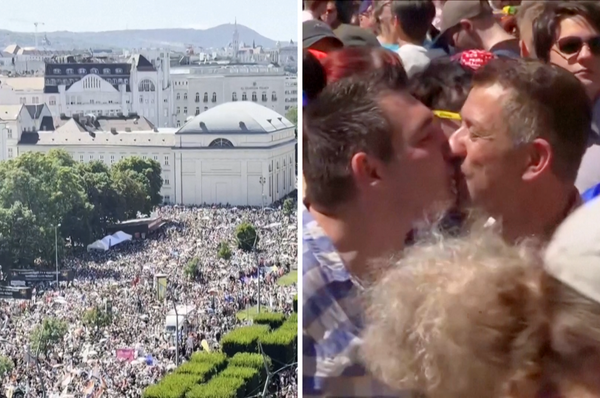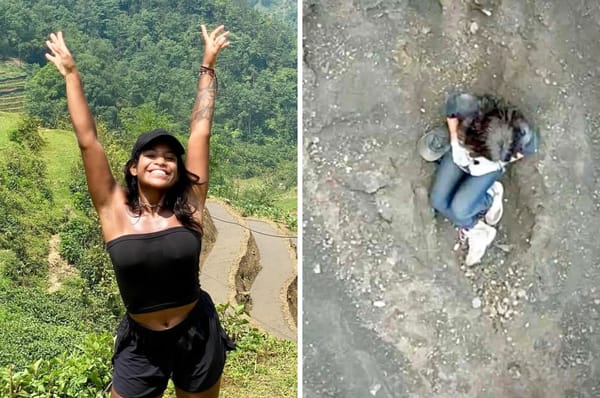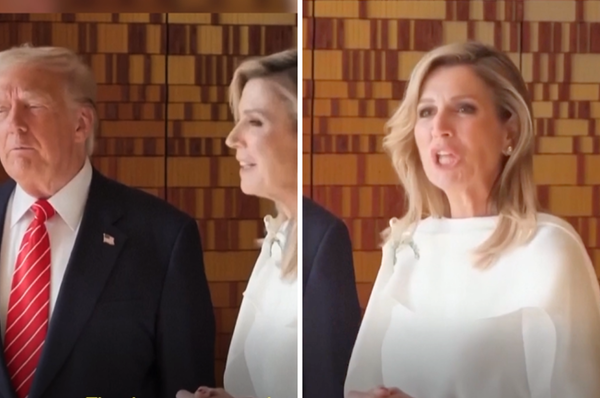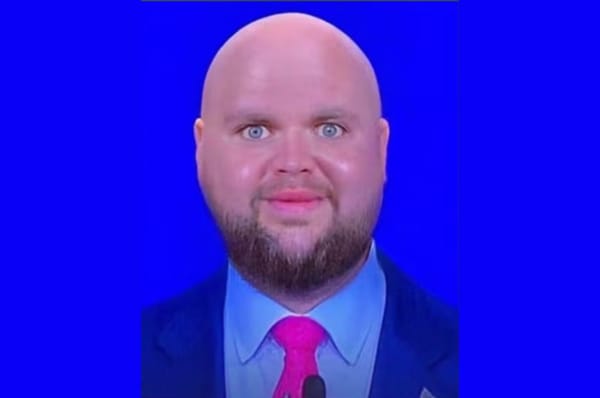Serbian Tennis Star Novak Djokovic Won’t Get Deported From Australia For Refusing To Get Vaccinated
A court in Australia has ordered Serbian tennis star Novak Djokovic be released from immigration detention after the 34-year-old was denied entry upon his arrival in the country last week over vaccination concerns.

A court in Australia has ordered Serbian tennis star Novak Djokovic be released from immigration detention after the 34-year-old was denied entry upon his arrival in the country last week over vaccination concerns.
Djokovic, who currently ranks world No. 1 with 20 grand slam titles under his belt, had traveled from Dubai to play in the Australian Open last Wednesday Jan. 5, with a medical exemption granted on the basis of an alleged COVID-19 infection he suffered in mid-December last year.
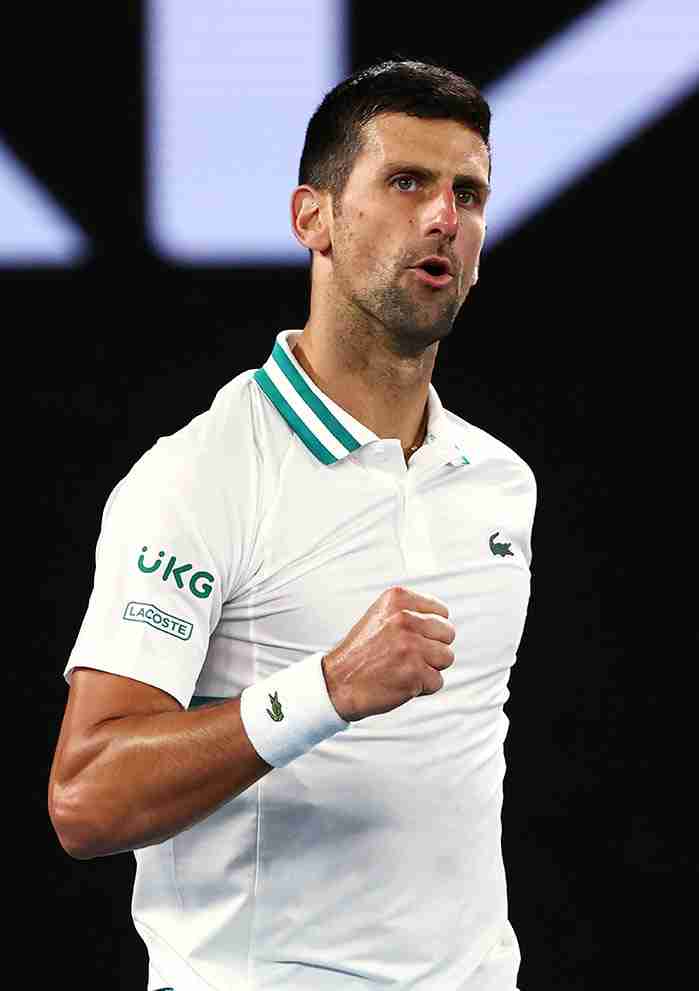
However, Australian Border Force officials barred Djokovic’s entry due to the lack of “appropriate evidence” and kept him in immigration detention in rural Melbourne, facing deportation.
“You can’t just wander around the world thinking that because you’re really rich you’re really above the laws of other nations,” Barnaby Joyce, Australia’s Deputy Prime Minister,
told the BBC.As Djokovic’s team challenged the decision to deny him entry, his supporters, many of whom are Serbian-Australian and anti-vaccine campaigners, rallied outside the hotel where he was detained. Djokovic was painted as an icon representing freedom of choice, with some even calling for a boycott of the Australian Open.
Djokovic has publicly expressed his opposition to vaccination well before COVID-19 vaccines became available. During a Facebook live, he said he “wouldn’t want to be forced by someone to take a vaccine” to travel or compete in tournaments, and that vaccination is a private and personal decision.
At a hearing on Monday Jan. 10, the court ruled against Djokovic’s detention and possible deportation.
The judge pointed out that the border authorities had canceled his visa before he was given the chance to speak with tournament organizers and his lawyers.
The verdict also found that his visa did come with the medical exemption supported by “an independent panel convened by the state government in Victoria, which includes Melbourne,”
according to the New York Times.
It is still not clear if or when Djokovic was ill.
Following the ruling, government officials have warned they still have the power to revoke Djokovic’s visa, which would ban him from entering the country for three years.
The controversy has highlighted to the undercurrents of Australian politics as the federal election looms and the pandemic circulates at record highs.
Djokovic’s detention at the Park Hotel, which has been used since 2020 by the country to house asylum seekers detained for years on remote Pacific Islands, has drawn attention to Australia harsh immigration policies.
About 30 asylum seekers, who were detained for years on remote Pacific Islands under the country’s offshore detention policy, were eventually brought to Australia for medical attention in 2019 and have been confined in the Park Hotel since December 2020.
However, unlike Djokovic, they have no idea when or if they will ever be released.
The residents at the Park Hotel have been subjected to conditions such as being fed rotten food, having windows to fresh air screwed shut and being confined to the hotel lobby during fire, according to the New York Times.
A human rights lawyer who represents some of the refugees in the hotel has said the system intentionally makes the living conditions in the hotel “so awful you choose to go back to the place of harm you came from.”
The Australian Open starts on Jan. 17 in Melbourne, where Djokovic will be defending his 10th championship of the tournament.

